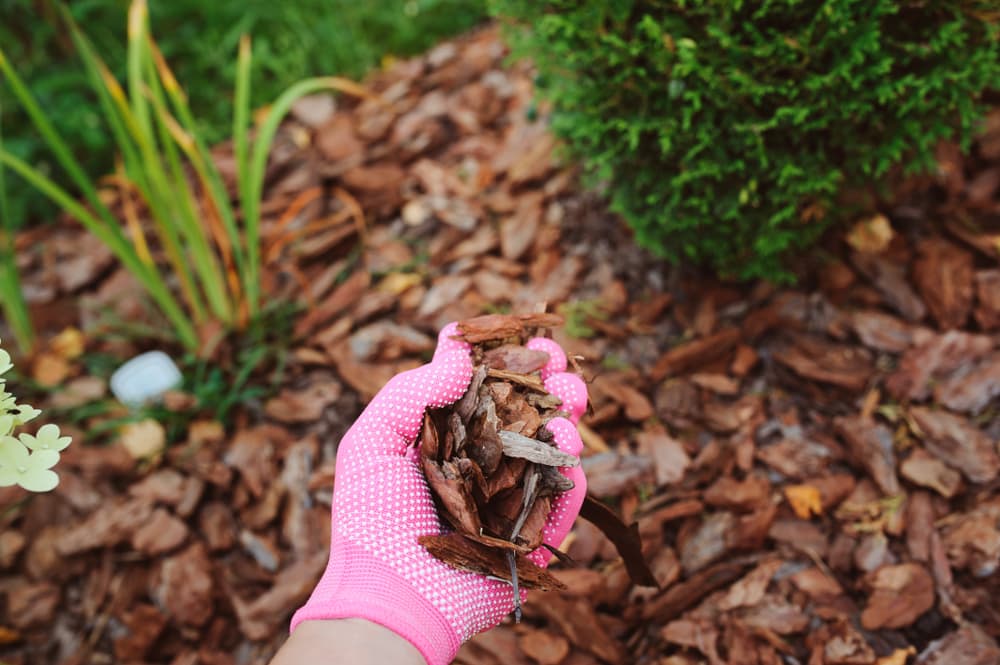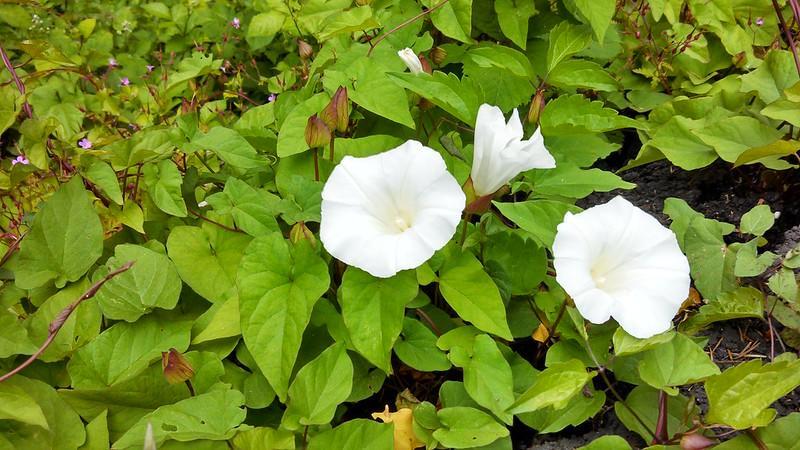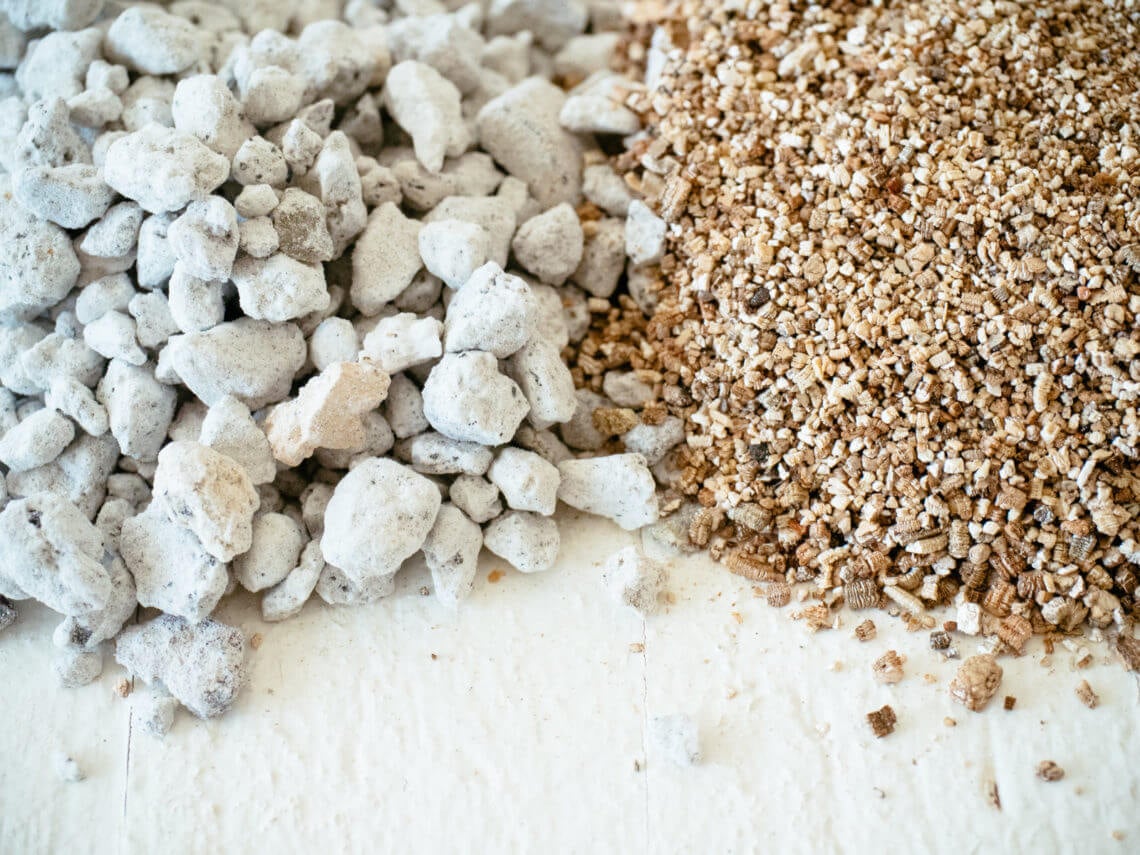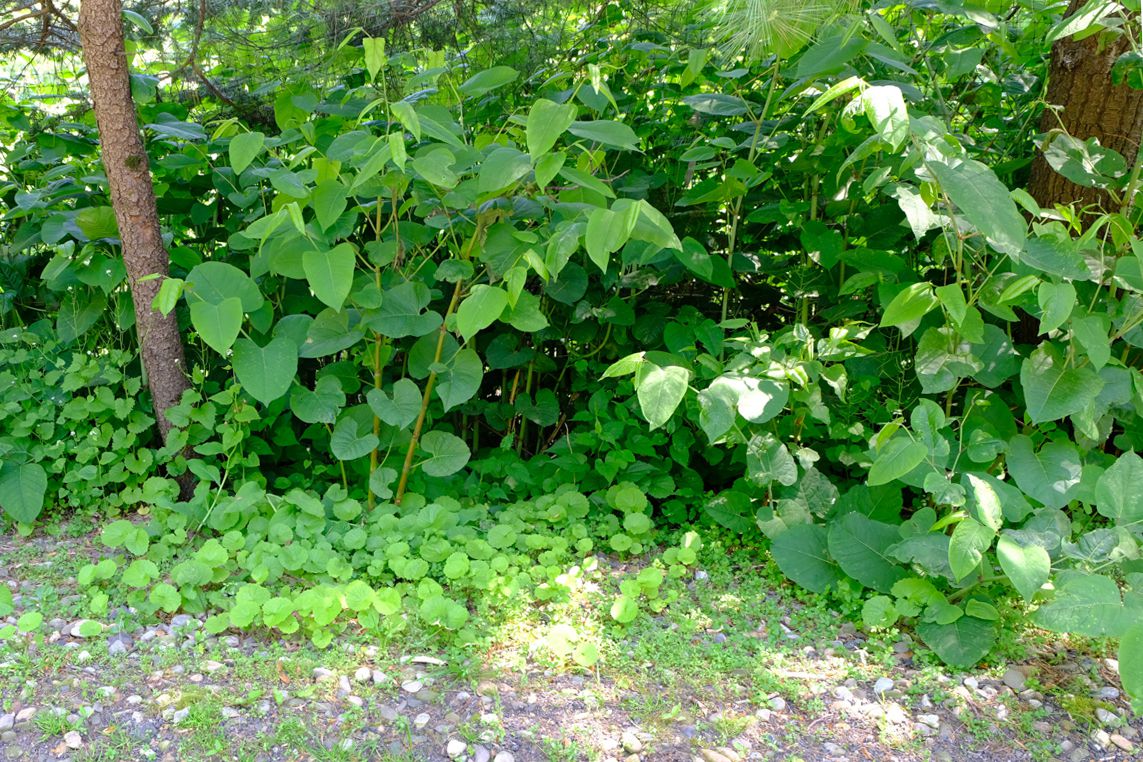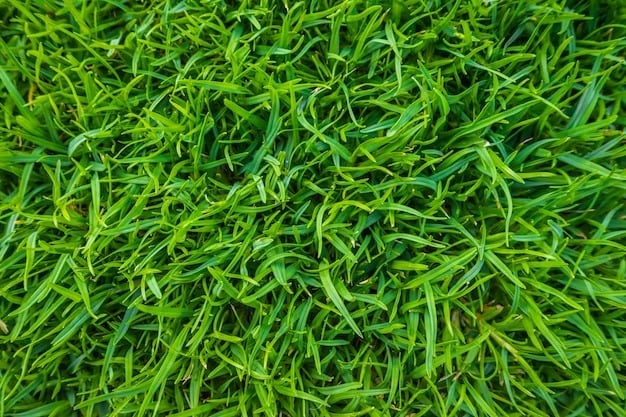Is Ericaceous Compost Suitable for All Types of Plants?
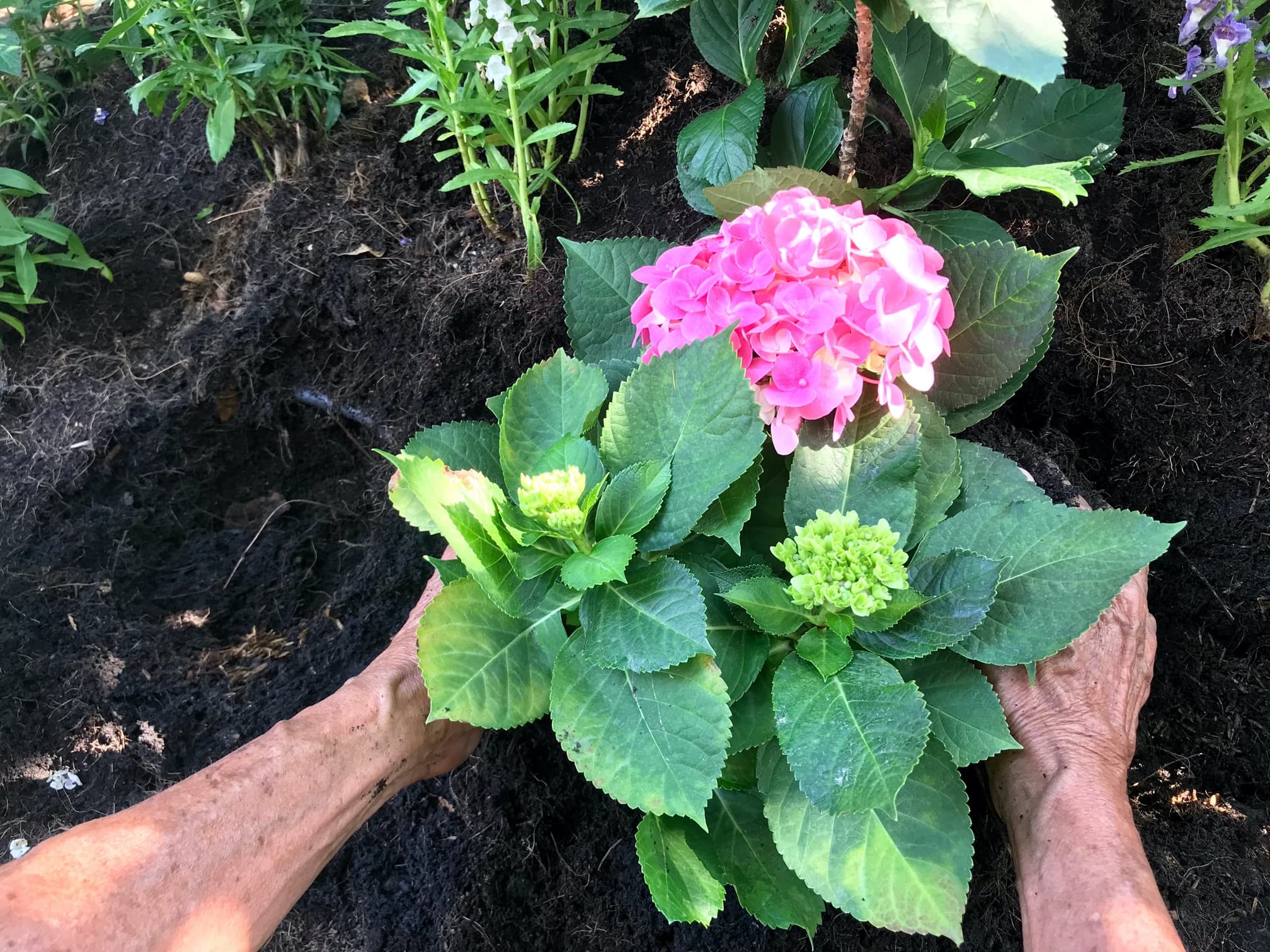
Table of Contents
Are you an avid gardener seeking what would be an ideal compost for your plants that need acidic soil? If you want to cultivate rhododendrons, azaleas, camellias, and other acid-loving plants, look no further than Ericaceous compost. Some beautiful plants require acidic soil to grow to their full potential, and thus the addition of Ericaceous compost gives you the ability to have an even wider variety of plants and make your garden even more beautiful.
This article will cover all you need to know about Ericaceous compost, including its advantages, practical applications, and frequent myths about it, especially the most common myth that has been surrounding it for a long time.
What is Ericaceous Compost?
Compost made particularly for plants that appreciate acidic soil is known as ericaceous compost. Organic components like peat, sand, and pine bark are mixed together to provide the perfect pH balance for acid-loving plants.
For plants that perform well in acidic soil, such as rhododendrons, azaleas, camellias, and heathers, ericaceous compost is generally utilised. Because it can be challenging to maintain optimum soil pH levels in small pots, this kind of compost is also frequently used in container gardening.
Benefits of Using Ericaceous Compost
For your acid-loving plants, using Ericaceous compost might provide a variety of advantages. To help you understand even better, a few of the advantages of utilising this kind of compost are listed below:
1. Improved Nutrient Uptake
Acid-loving plants may absorb nutrients more efficiently in an acidic environment. You may provide these plants with the ideal growth circumstances and enable them to absorb the nutrients they require to thrive by using ericaceous compost
2. Better Soil Structure
Ericaceous compost may aid in bettering soil structure, which will make it simpler for your plants to develop and establish roots. This may result in plants that are more resilient to environmental challenges and have healthier, stronger root systems.
3. Better Water Retention
Ericaceous compost is better at retaining water than other forms of compost, which can be especially helpful for plants that prefer acid and need a constant amount of hydration.
How to Make Ericaceous Compost
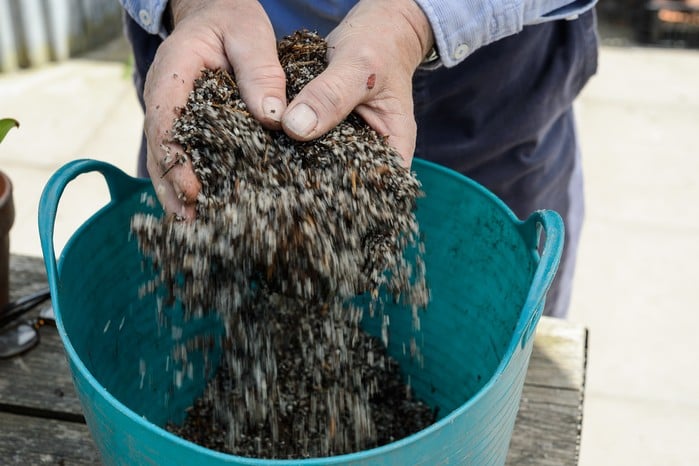
Ericaceous compost is readily available for purchase, but it’s also quite simple to make your own. The main goal is to increase the soil’s acidity relative to its alkalinity.
To do this, you may supplement your current compost mixture with materials like pine needles, lemon peels, and leaf mould. Sulphur chips can also be added to a compost mixture to raise its acidity level.
It’s vital to keep in mind that while creating your own ericaceous compost, you won’t be allowed to add any ingredients that may cause the compost’s pH to be neutralised, including calcium or lime.
You should frequently test the pH levels of your compost to ensure that the right level of acidic level is maintained. This is crucial because normal soil will gradually lose its acidic level if you put ericaceous compost on top of it.
The soil’s extremely high degree of acidic level may be maintained by routinely introducing additional acidifying ingredients. Mulch should also be used as a layer.
How to Use Ericaceous Compost
Using Ericaceous compost is easy and straightforward. Here are the basic steps you’ll need to follow:
1. Select the Correct Container
It’s crucial to select the correct container for your plants while using Ericaceous compost. Ensure that the container has enough drainage holes since plants that like acid do not want to sit in water.
2. Add Ericaceous Compost
Add Ericaceous compost to the container, being careful to provide room for your plant’s root systems to expand.
3. Plant Your Acid-Loving Plants
After the Ericaceous compost has been added to your pot, you may plant your acid-loving plants. Each plant’s instructions should be followed carefully because they may have unique requirements.
4. Water Your Plants
Make sure to give your plants regular water and to maintain consistently wet soil. Do not overwater, as this might cause root rot.
How Often Do You Need to Water Plants in Ericaceous Soil?
Ericaceous compost often retains moisture effectively, but this does not imply that plants grown in it never require watering. It’s crucial to routinely water the soil during dry seasons to keep it wet. To ensure the bud survives after being planted, it’s also crucial to irrigate any ericaceous plants.
Remember that standard tap water is often alkaline, so putting it on plants in ericaceous compost might readily neutralise the soil. So it’s often advisable to gather rainwater to use only on ericaceous plants in order to prevent this.
If you want your plants to flourish, it’s always a good idea to apply a quality fertiliser. Ericaceous plant-specific plant feed is available for purchase, and it is strongly advised that you use it since it will include all the nutrients your plants need to bloom at their best.
The optimum times to feed the most popular ericaceous plants are in the spring and summer, when they blossom because of this.
Growing Potted Plants Using Ericaceous Compost
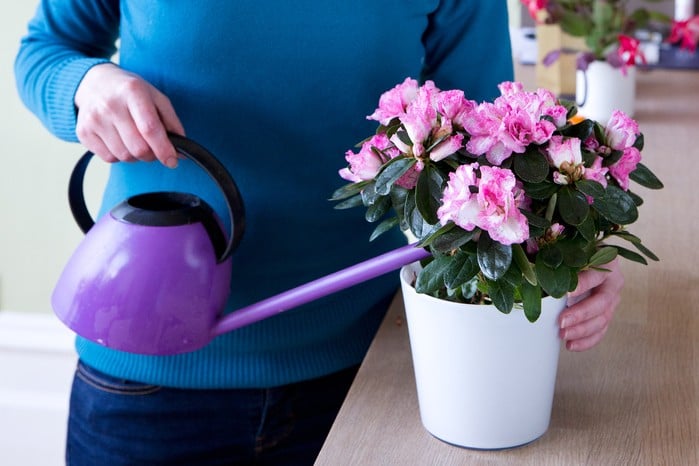
For a number of reasons, Ericaceous compost is perfect for use with potted plants. Firstly, when compost isn’t blended with other soil, as it may be in a garden bed or border, it’s simple to keep the integrity of the compost.
Ericaceous compost for potted plants has the additional benefit of allowing you to place the plants in the ideal environment for growth. Acid-loving plants often thrive in a little light shade and are maintained out of direct sunshine, especially during the hottest parts of the day.
Can I Use Ericaceous Compost on All Plants?
One of the most common misconceptions regarding Ericaceous compost is that it should only be applied to plants that thrive in acid. Ericaceous compost may be used on a variety of plants, despite the fact that it is intended for acid-loving plants.
Ericaceous compost has a pH that is lower than neutral, which means it can assist in acidifying too alkaline soil. This can be advantageous for a variety of plants, such as strawberries, blueberries, and cranberries.
But it’s very important to remember that not all plants will benefit from applying Ericaceous compost. Most plants and herbs, which demand neutral or alkaline soil, may not survive in soil acidified with Ericaceous compost. It’s advisable to stay with a more neutral compost in these circumstances.
So before applying Ericaceous compost to your plant, check its soil pH level. It’s crucial to learn the ideal soil pH level of a plant before selecting whether to apply the compost to it or not. The best action is to use a different kind of compost if the plant likes neutral or alkaline soil.
Which Plants Requires Ericaceous Soil?
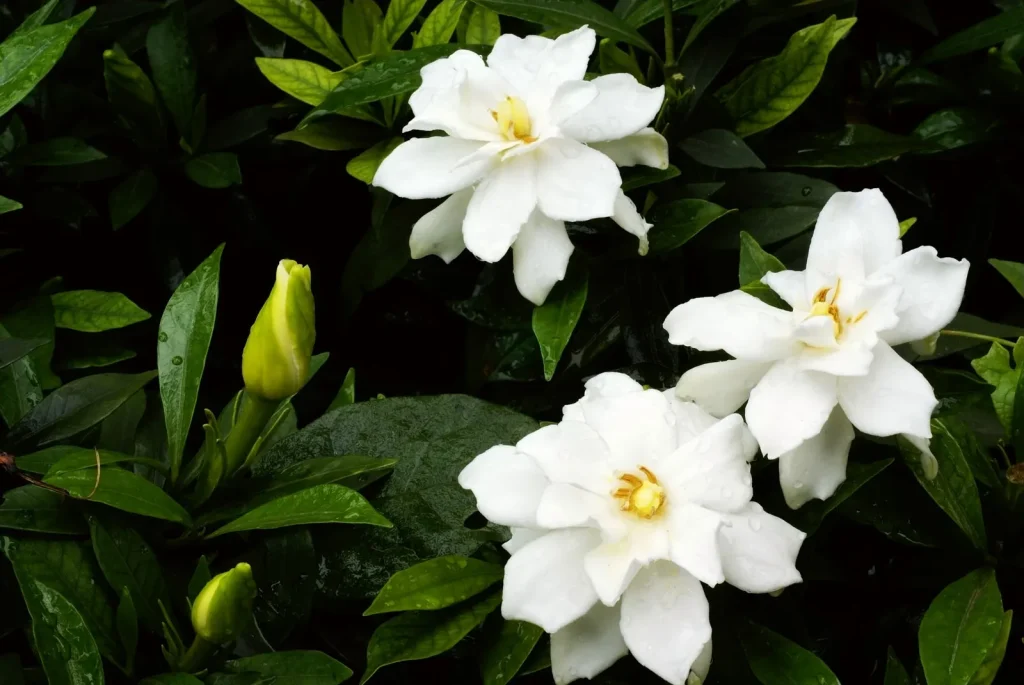
There are a lot of varieties of plants that enjoy and need Ericaceous soil. Some of them are –
- Bilberry
- Heather
- Gardenia
- Trillium
- Lily of the Valley
- Trillium
- Rhododendron
- Japanese Iris
- Hydrangea
- Begonia
Conclusion
Ericaceous compost is a useful and very valuable resource for any gardener trying to produce plants that prefer acidic soil. These plants can develop healthily and absorb nutrients more effectively thanks to their capacity to provide optimal pH. Although certain non-acidic plants can utilise Ericaceous compost, it is vital to first learn about each plant’s unique requirements.
Ericaceous compost may alter the game for your acid-loving plants if used properly.

